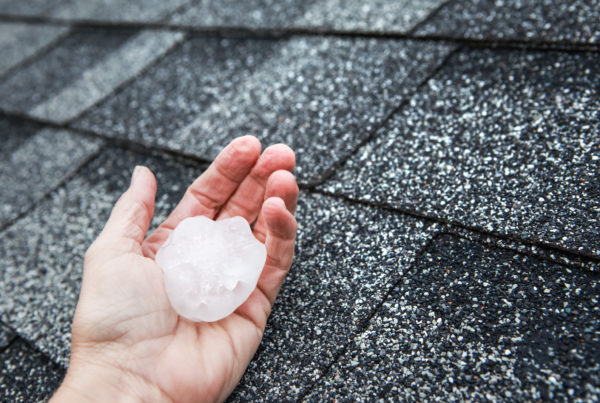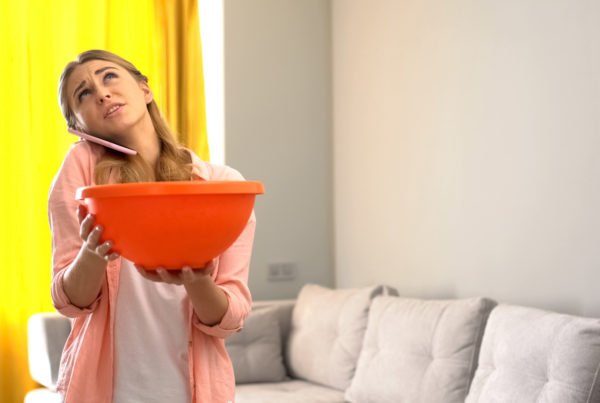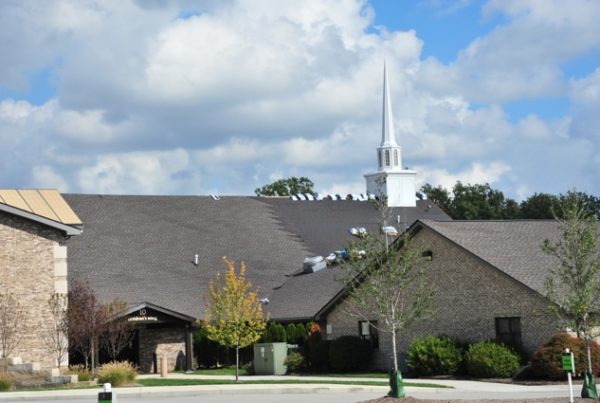Solar energy has become increasingly popular in recent years as a sustainable and renewable source of energy. One of the most promising ways to harness this energy is through solar shingle roofs. Solar shingle roofs have become an attractive option for homeowners looking to reduce their energy bills while also contributing to a cleaner environment. In this article, we will discuss the cost, benefits, and durability of solar shingle roofs.
Cost
The cost of installing a solar shingle roof can vary depending on a variety of factors such as the size of the roof, the type of solar shingles used, and the complexity of the installation. Generally, the upfront cost of a solar shingle roof can be higher than that of a traditional roof. However, the long-term benefits of solar energy can make it a worthwhile investment.
The cost of a solar shingle roof also depends on the incentives available in your region. Many states offer tax credits and other incentives to encourage the adoption of solar energy. These incentives can significantly reduce the upfront cost of installation.
Benefits
Solar shingle roofs offer several benefits, both to the environment and the homeowner. One of the most significant benefits of solar shingle roofs is that they produce clean, renewable energy. By harnessing the power of the sun, homeowners can reduce their reliance on fossil fuels and reduce their carbon footprint.
Another benefit of solar shingle roofs is that they can reduce energy bills. By generating their own electricity, homeowners can save money on their monthly utility bills. In some cases, homeowners may even be able to sell excess electricity back to the grid, further reducing their energy costs.
Solar shingle roofs also increase the value of a home. Homes with solar shingle roofs are often more attractive to buyers, and they can sell for more than homes without solar roofs.
Durability
Solar shingle roofs are durable and long-lasting. Most solar shingles come with a warranty of 20-25 years, and they can last even longer with proper maintenance. Solar shingles are designed to withstand harsh weather conditions such as high winds, hail, and heavy rain.
Solar shingles are also low-maintenance. Unlike traditional asphalt shingles, solar shingles do not require regular replacement or repairs. They also do not require any additional maintenance beyond basic cleaning.
In conclusion, solar shingle roofs are a sustainable and cost-effective way to generate clean energy while also increasing the value of a home. While the upfront cost of installation may be higher than that of a traditional roof, the long-term benefits and incentives available make it a worthwhile investment. With their durability and low-maintenance design, solar shingle roofs are an attractive option for homeowners looking to reduce their carbon footprint and save money on their energy bills.




